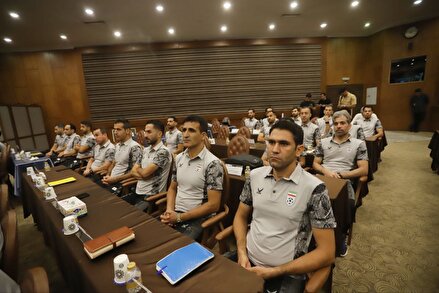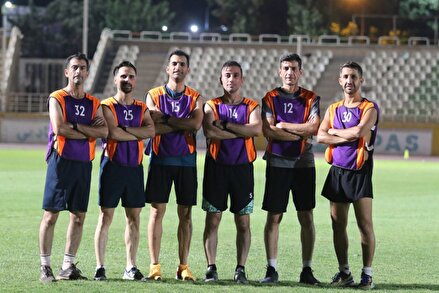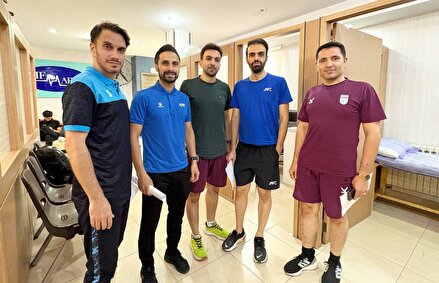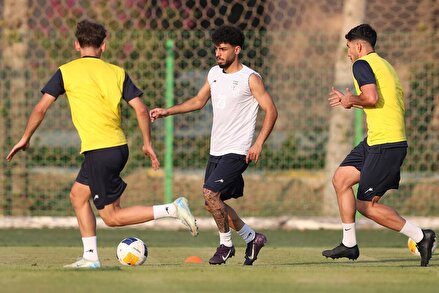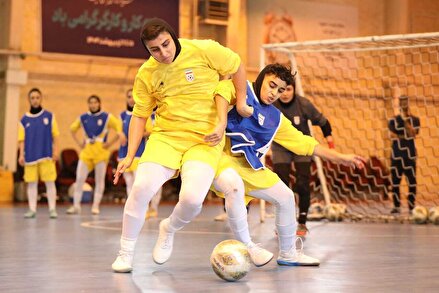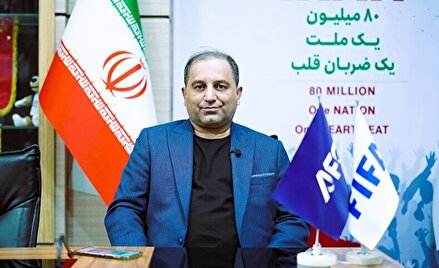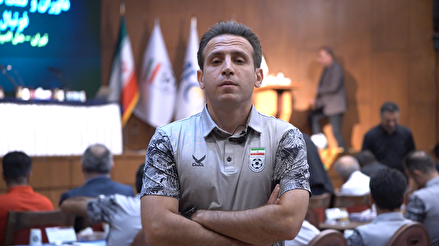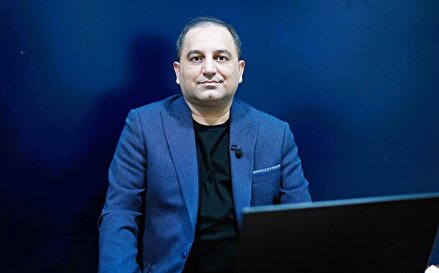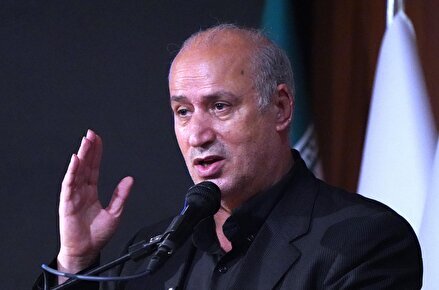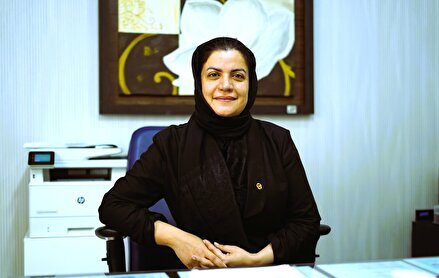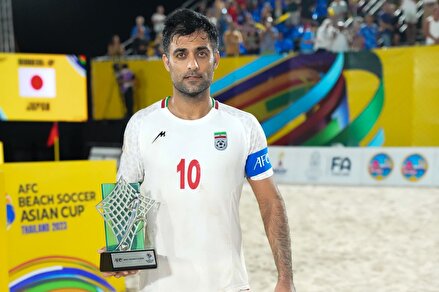
Jafari: Nothing Is More Honorable Than Coaching the National Team
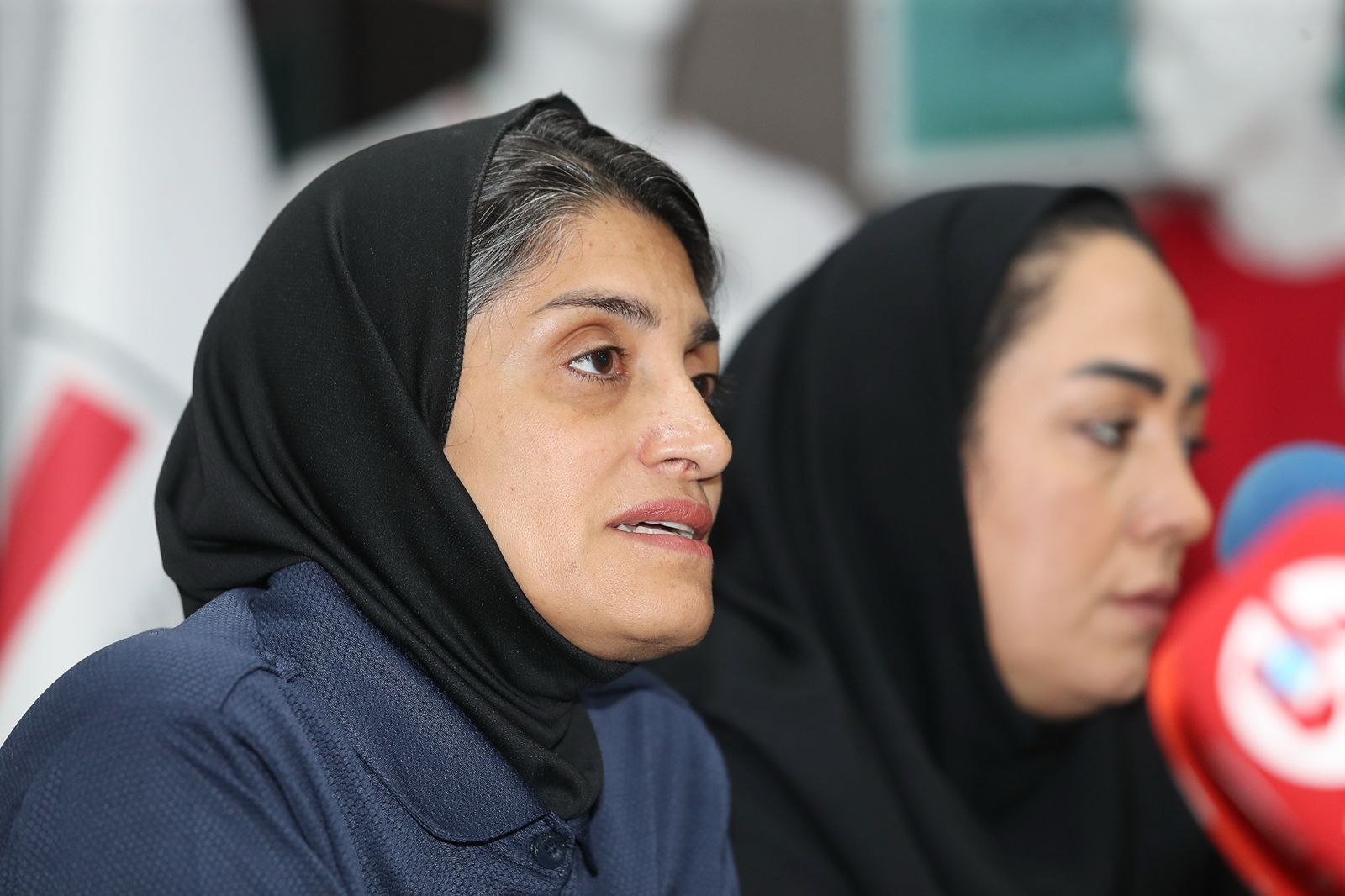
Marziyeh Jafari, head coach of the Iranian women’s national football team, addressed the media in a press conference held on May 25 at the National Football Center.
Jafari began by expressing her gratitude and outlined the critical role of the media in the development of women’s football in Iran. “I extend my hand to the media for support. Much of the progress in Asian women's football depends on media backing,” she said.
Discussing the national team’s preparations for the upcoming AFC Women’s Asian Cup qualifiers, Jafari noted that time is limited. “We’ve planned three training camps. We're currently in the second. Many of the players had been on a break since March, but I see steady improvement and aim to bring them to optimal readiness.”
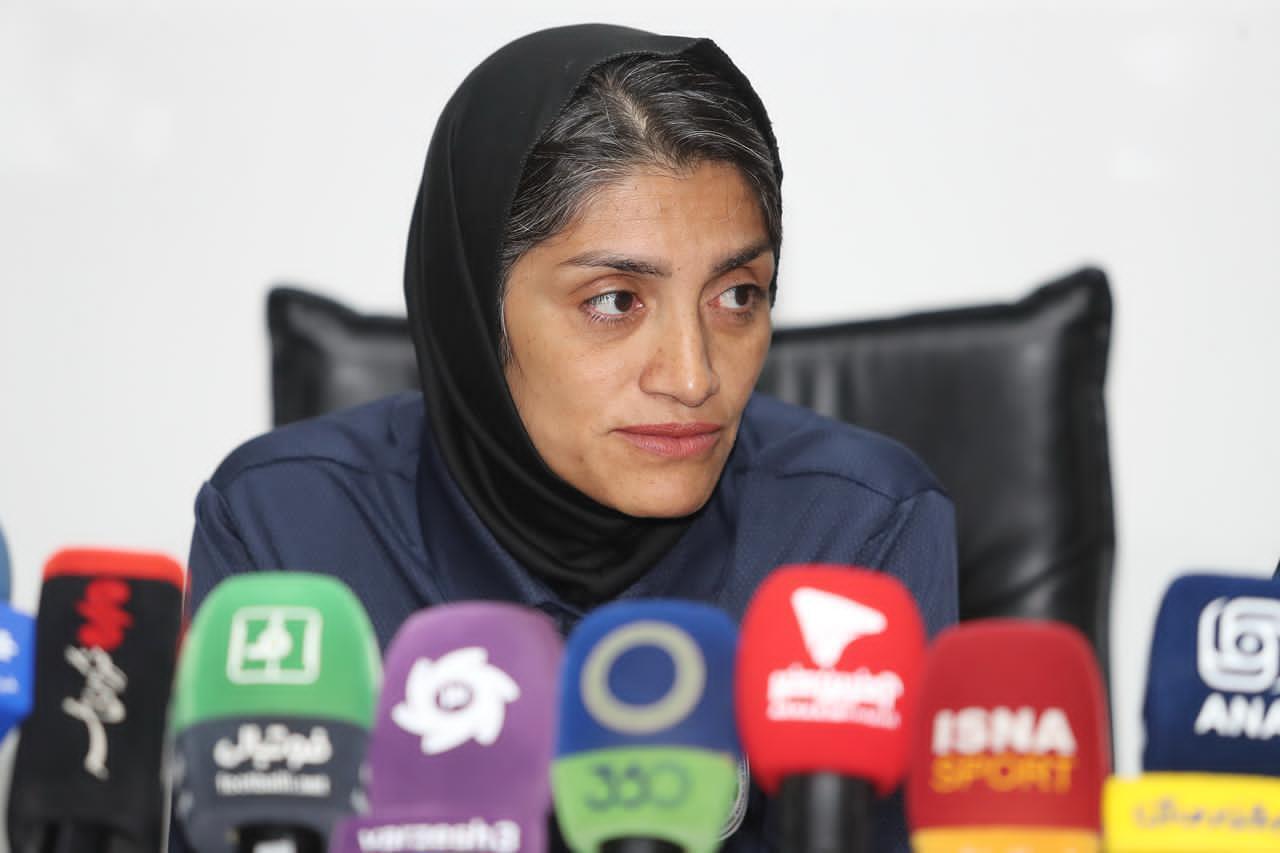
On the federation's support, she stated: “There is no greater honor than coaching the national team. The federation has done its best to meet my requests within its capacity. While not everything has been provided, I believe they’ve put in all possible effort.”
Jafari clarified that her full focus is on the national team and that she has no current involvement with club side Khatun Bam, where she previously coached for 18 years. “I have no bias toward any player. The door to the national team is open to all,” she added.
Dismissing rumors of resignation, she said, “That’s not true. I’ve asked the federation to handle some critical matters. While I haven’t received everything, I won't create tension for the players. I’m here to help, and I’ll stay as long as I can contribute positively.”
Jafari emphasized long-term planning: “Our mindset shouldn’t just be qualification for the Asian Cup; we must believe we can reach the World Cup. That’s the level our team is capable of achieving.”
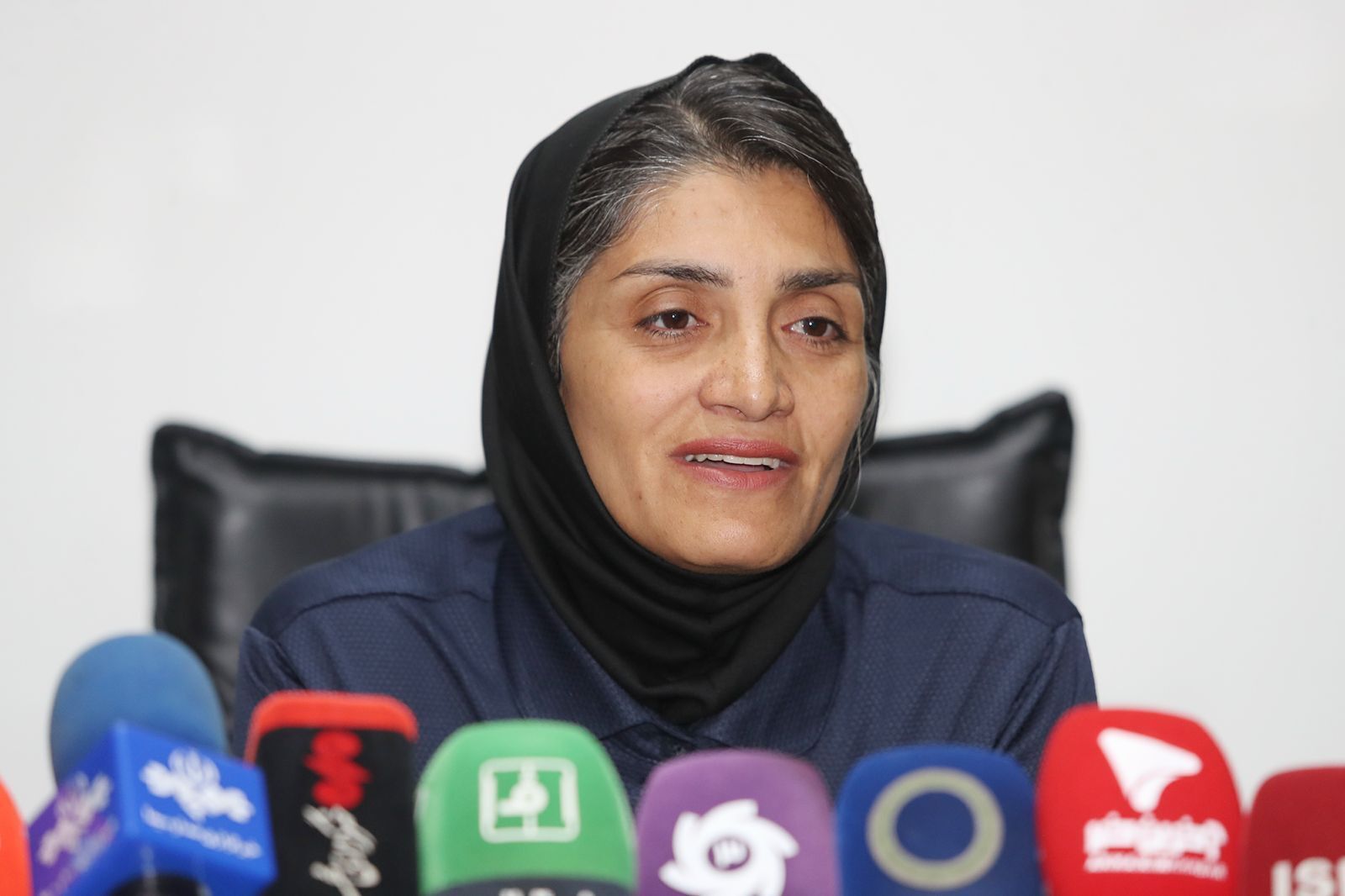
She also mentioned the need for more international friendlies: “Time is tight and not all matches fall within FIFA dates, but we’re trying. Even friendly matches against club teams can help. Sometimes, as women, we don't ask loudly enough. I aim to make the most of this opportunity.”
When asked about analyzing Iran’s group rivals, Jafari responded: “I’ve studied all four teams. Lebanon has improved significantly, Jordan is a cohesive team with many friendlies, and Bhutan has made great strides. Singapore seems slightly easier, but all three other matches will be tough.”
Regarding the coaching staff, Jafari said: “Given the limited time, I quickly formed a team. However, after the Asian Cup, we need to strengthen our coaching staff with legendary and experienced women footballers. I invite former coaches to join us at training sessions to boost team morale.”
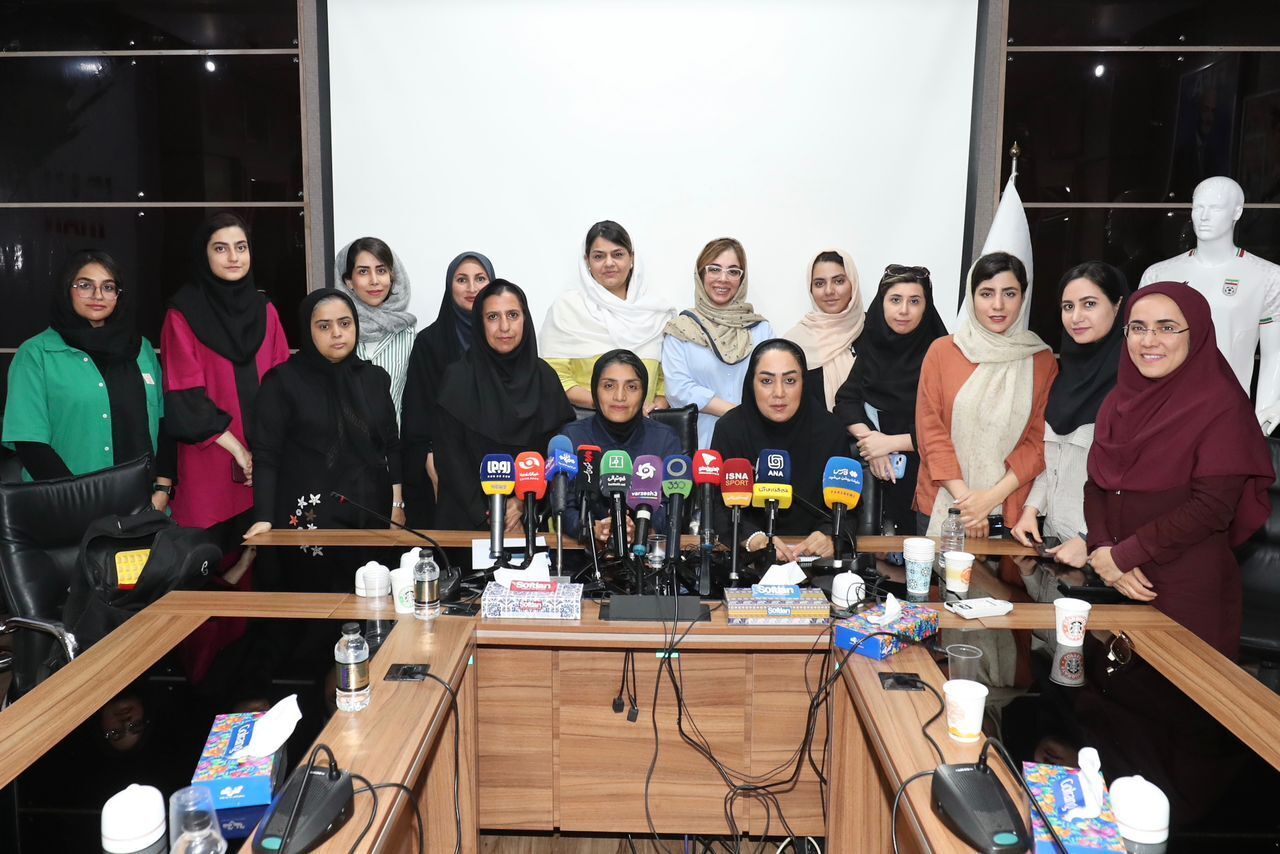
She also noted there has been no interaction yet with the men's national team head coach Amir Ghalenoei: “We had training at the same time once, but haven’t had technical discussions.”
On player commitment, Jafari confirmed: “All invited players have joined the camp, except those with valid excuses. I’ve seen full commitment from everyone.”
Speaking about foreign advisers, she added: “That’s a plan for after the Asian Cup. Right now, we’re fully focused on the qualifiers. But the team is still developing and needs such input.”
Jafari underlined the importance of infrastructure: “We must work on facilities and training matches. Self-confidence among players must be cultivated. Matches against international teams are essential. There should also be more monitoring of clubs and academies, and grassroots coaches must be technically strong.”
She reiterated the importance of bringing foreign players into the league: “It would raise competition, push local players to improve, and increase the overall quality.”
On staffing, she said: “I’ve spoken with some top coaches in the league, but they’re under contract. I’m looking for four or five experienced former players with the right mentality. We must be cautious in building a coaching team not every good player makes a good coach.”
Jafari also touched on the difficulty of scheduling friendlies: “We’ve been in talks with clubs like Melbourne, but due to their schedule and fatigue, they declined. Travel logistics are also a challenge. Post-Asian Cup, we will definitely focus more on youth development.”
In conclusion, Jafari stressed: “Women’s football in Iran is still growing. We need long-term vision, expert coaching, and constructive criticism. Let’s avoid unrealistic expectations from our players in such a short preparation period. Together, with planning and support, we can reach new heights.”
